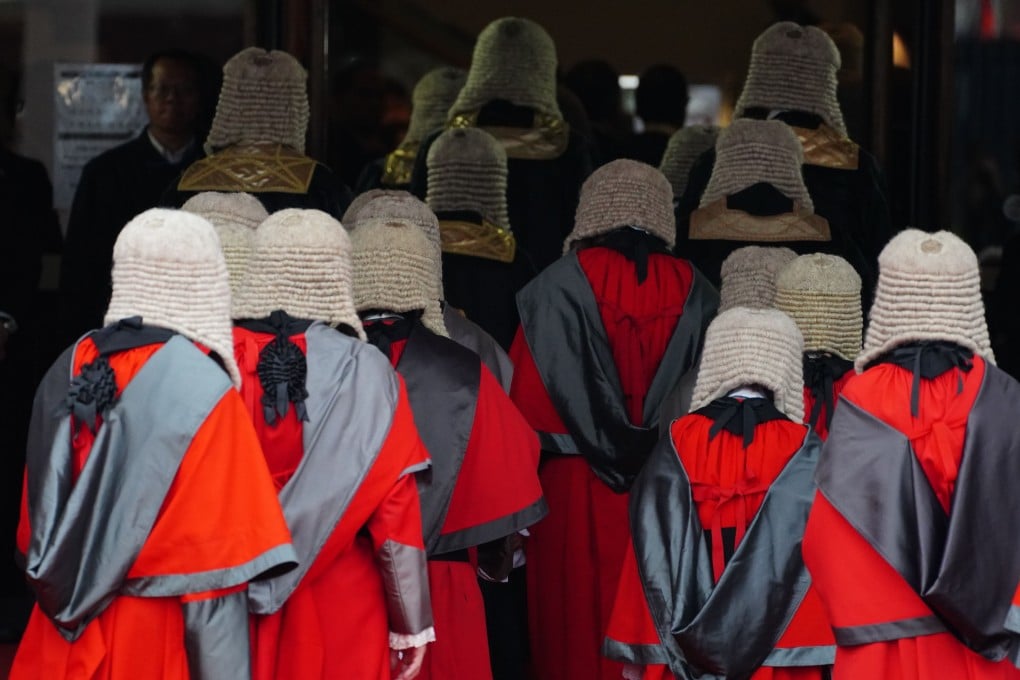Complaints system against Hong Kong judges ‘will not be politicised’, top judiciary official says
- Lay members providing advisory role for complaints regime covering judges’ conduct cannot hold political affiliations
- Judiciary Administrator Esther Leung also says city’s top judge will appoint the lay members, following concern over potential politicisation of the committee

Members of the public helping to handle complaints against Hong Kong judges under a new disciplinary system will not have any political affiliations and will be appointed by the city’s top jurist, a senior official has told lawmakers.
“[The lay members] will be appointed by the chief justice on an individual basis … They will not have a political background and we hope that they will be able to offer some independent and professional advice,” Leung said, adding those selected would need to have credibility.
He will announce the appointments in due course, according to Leung.
At Friday’s legislative session, the city’s two most prominent legal bodies, the Bar Association and the Law Society, threw their support behind the new two-tier mechanism.